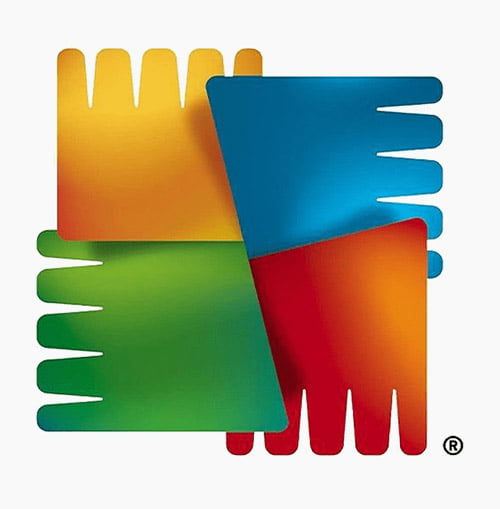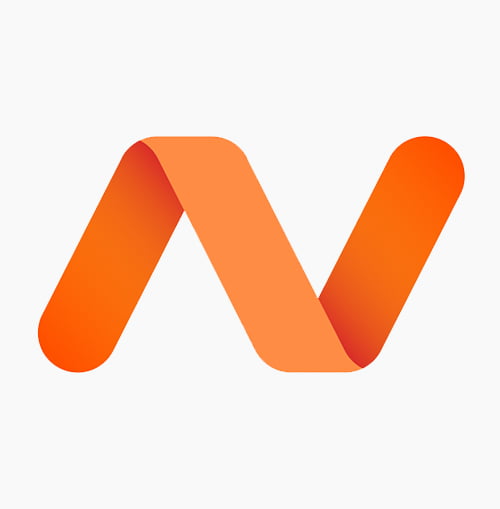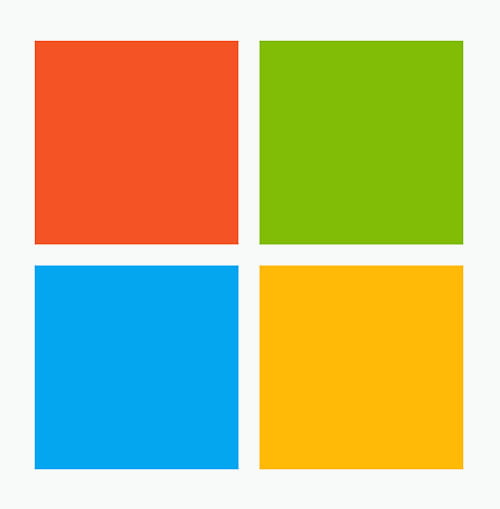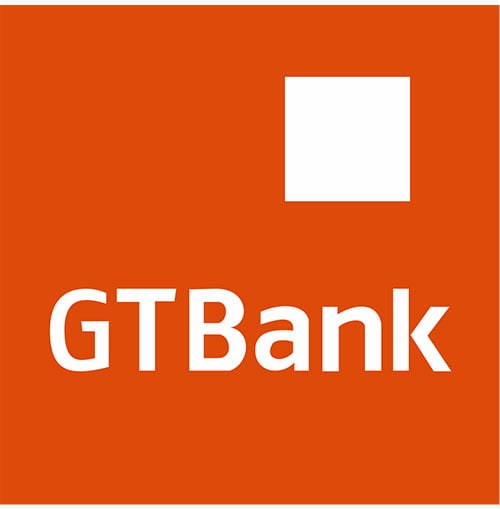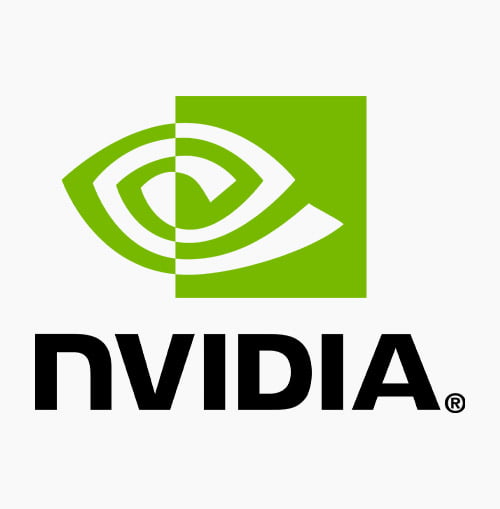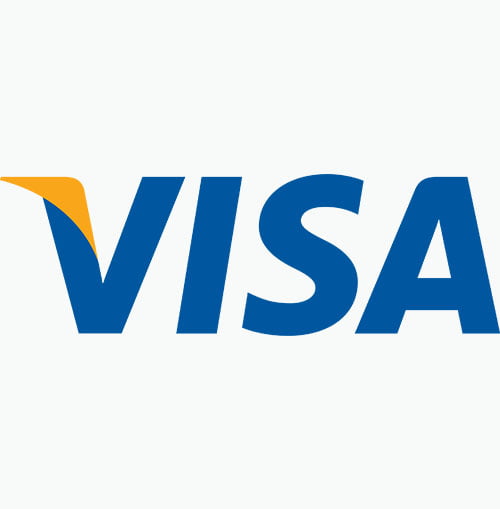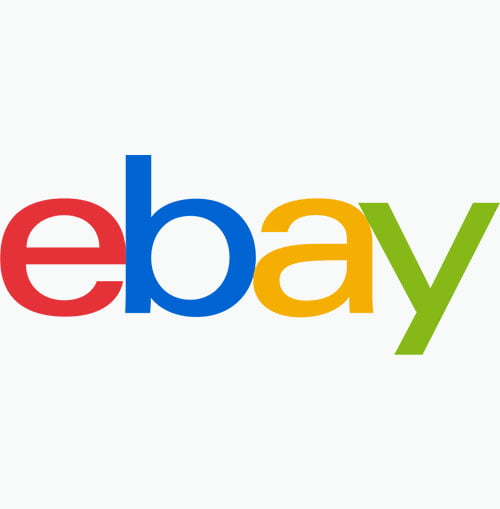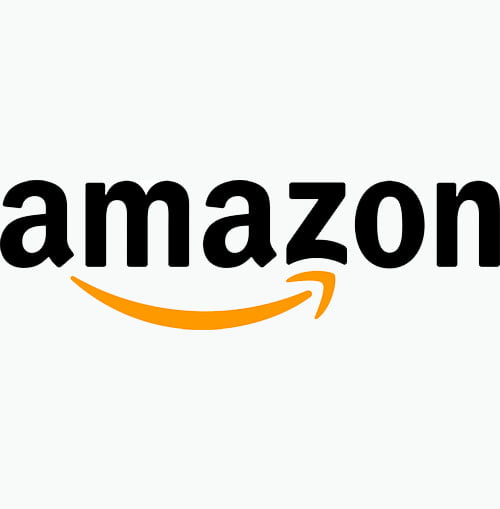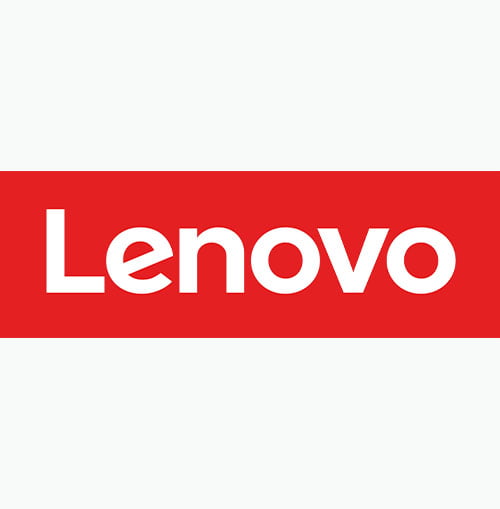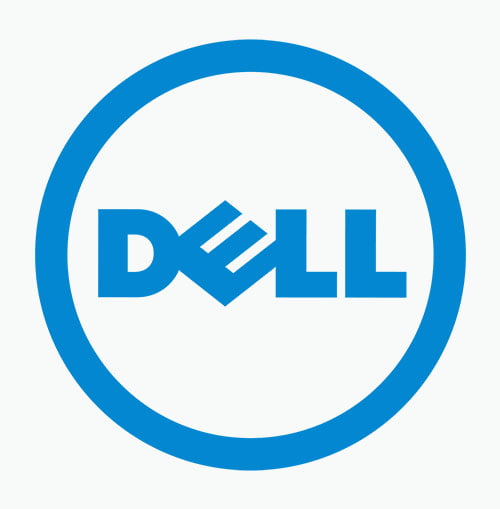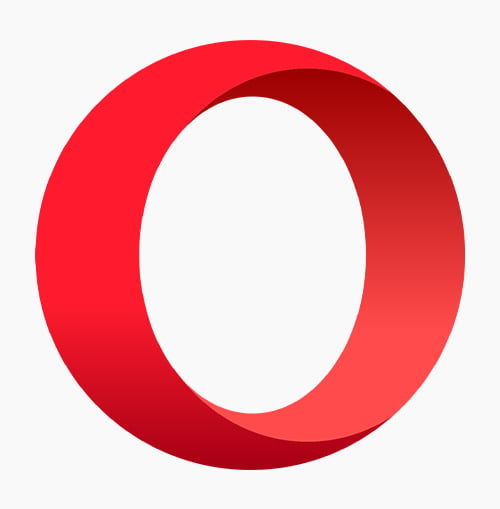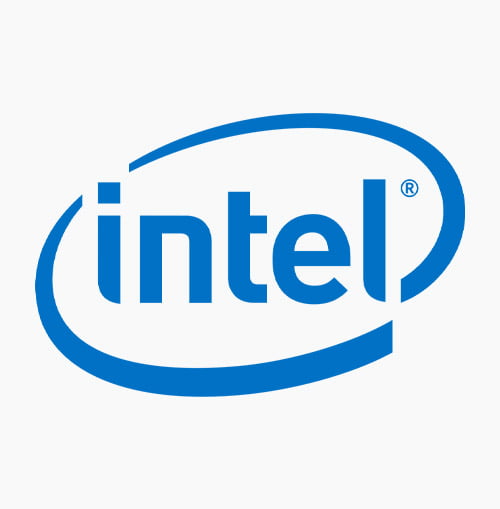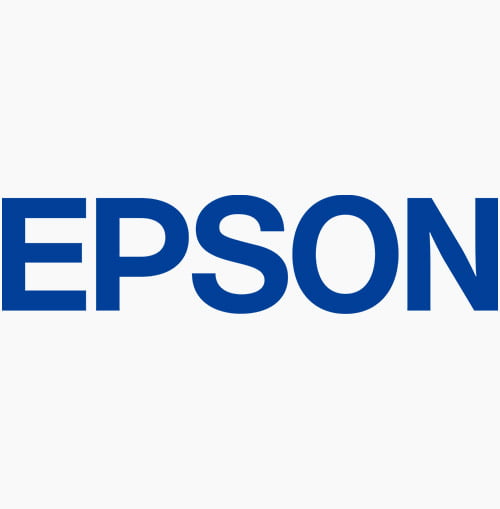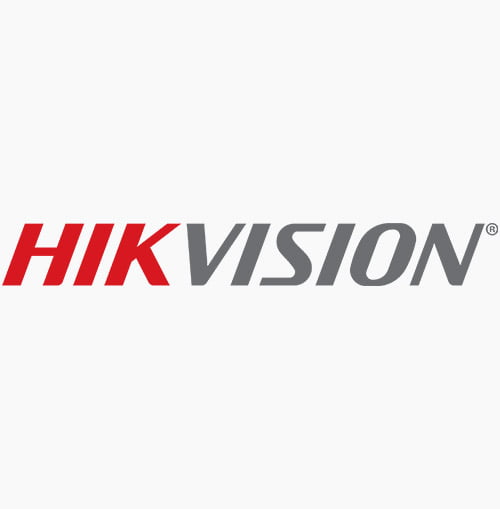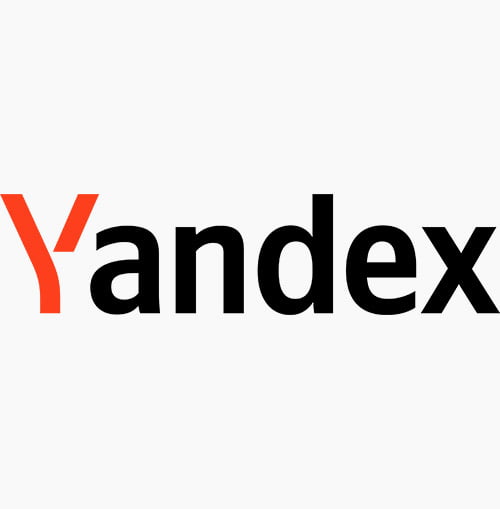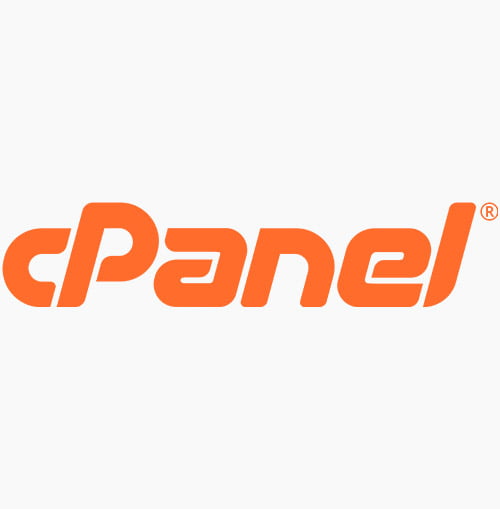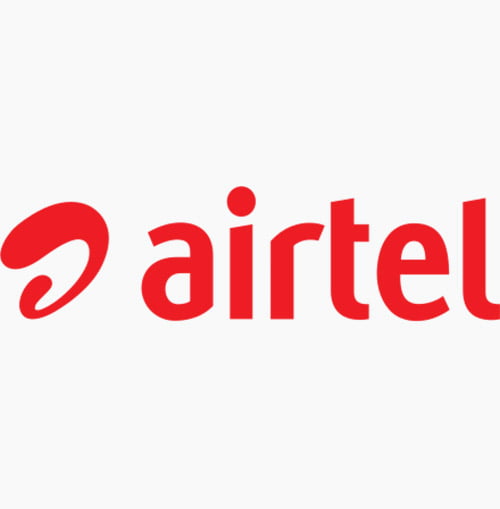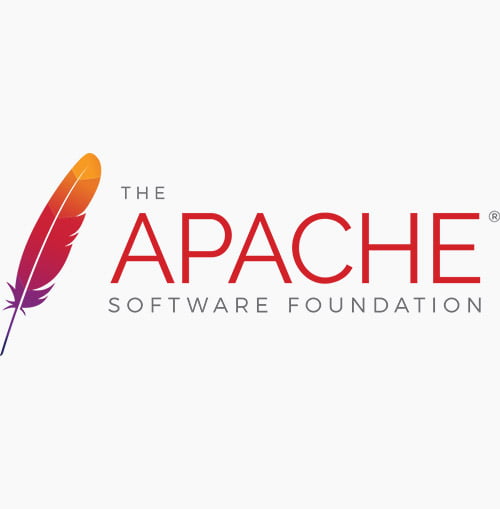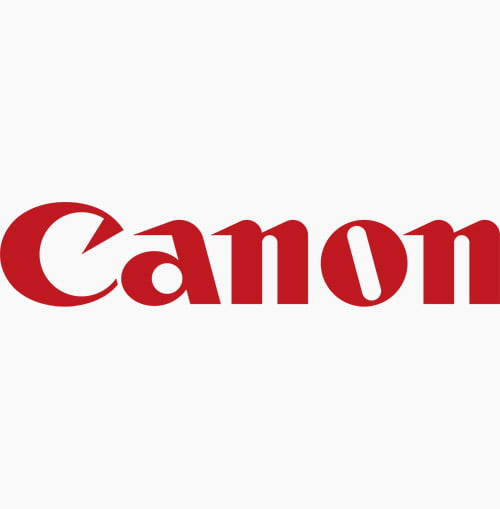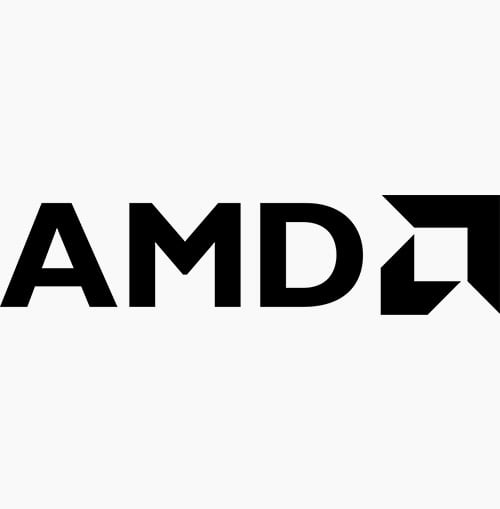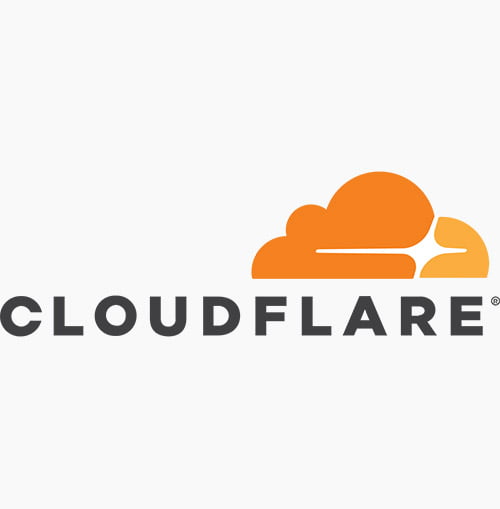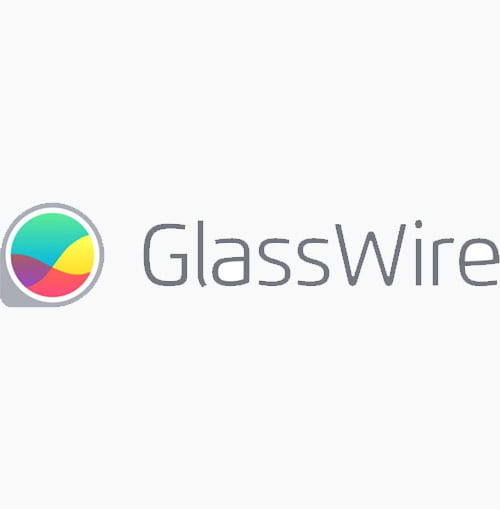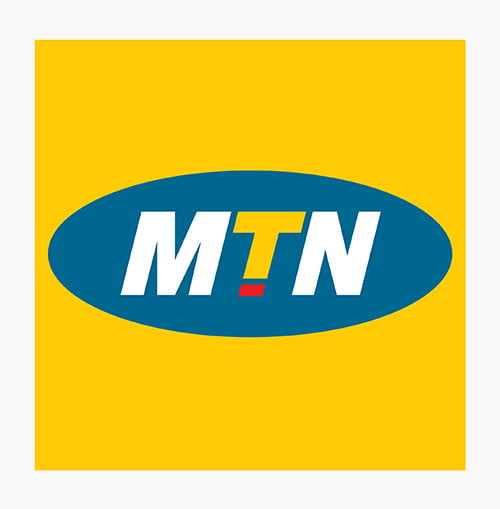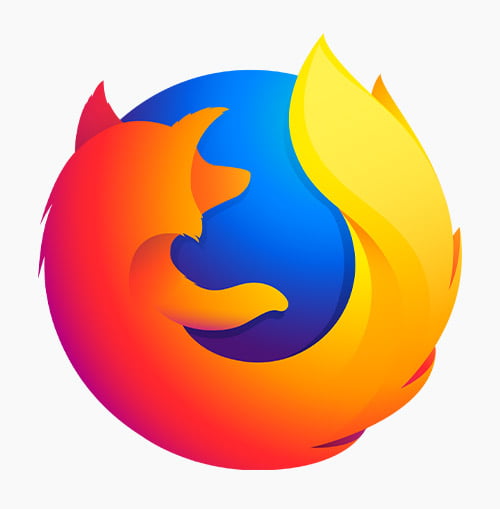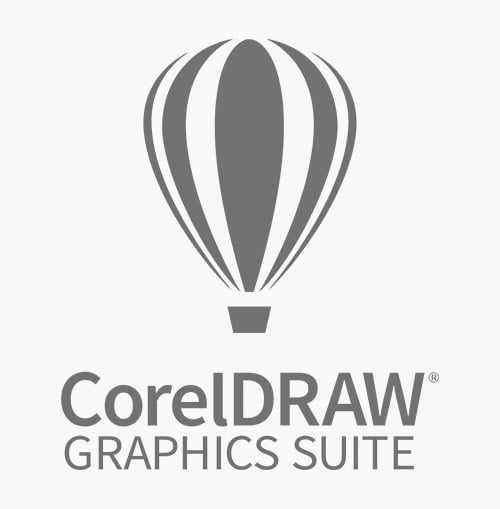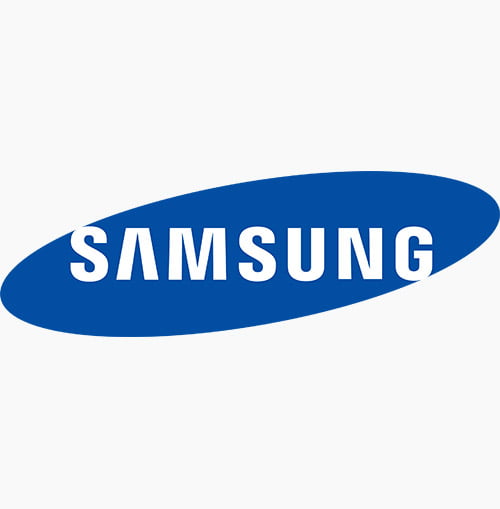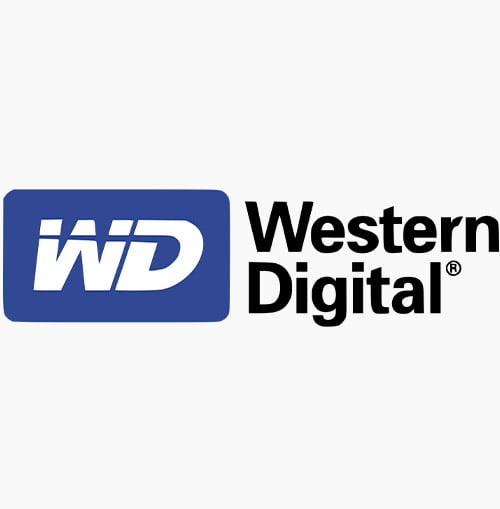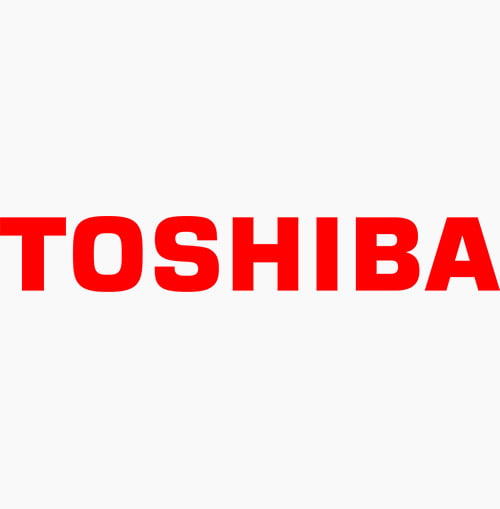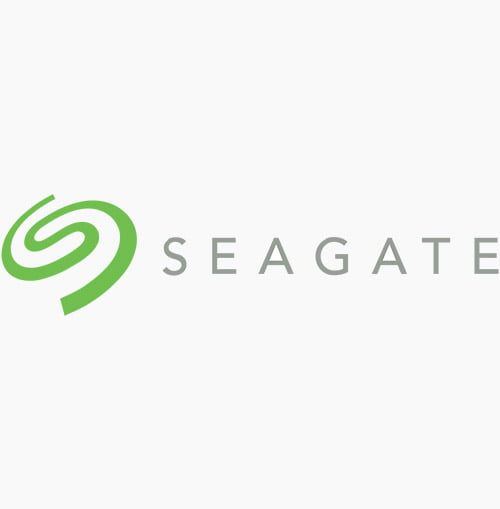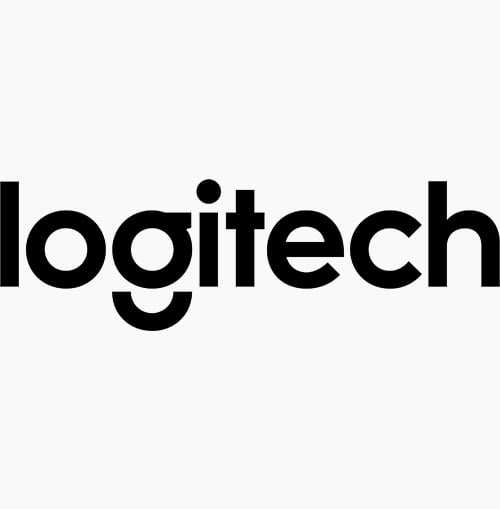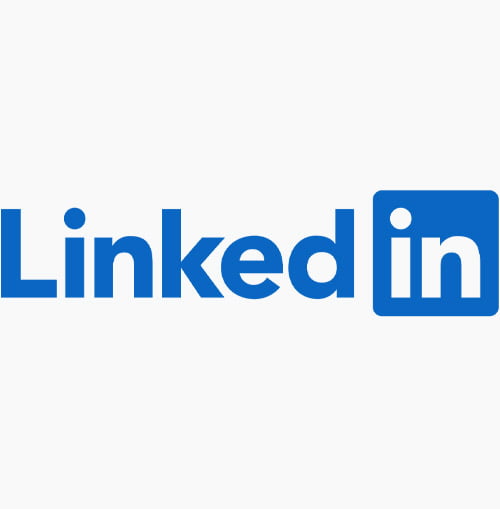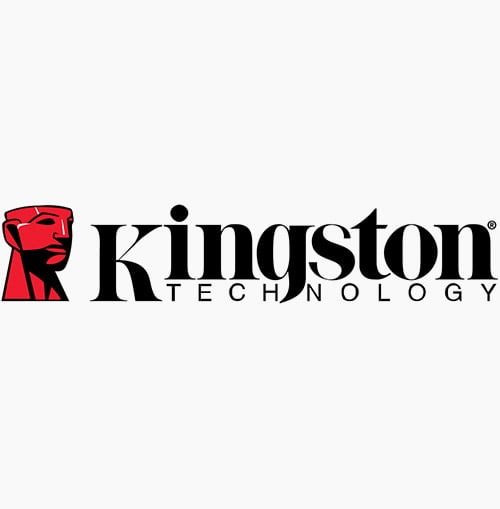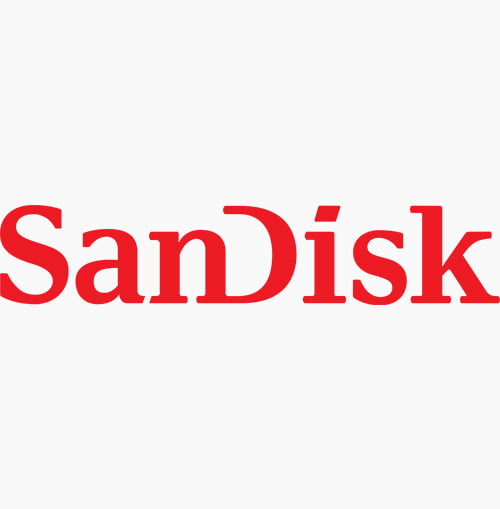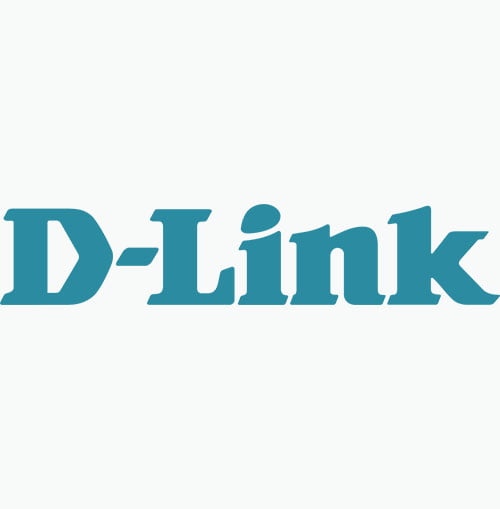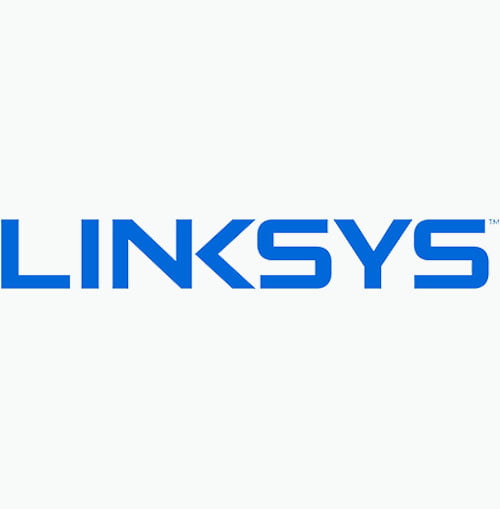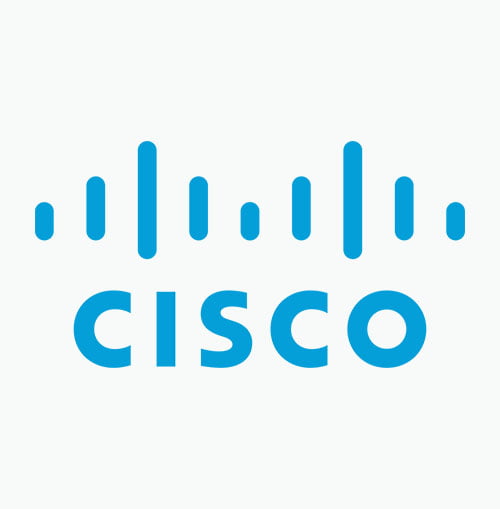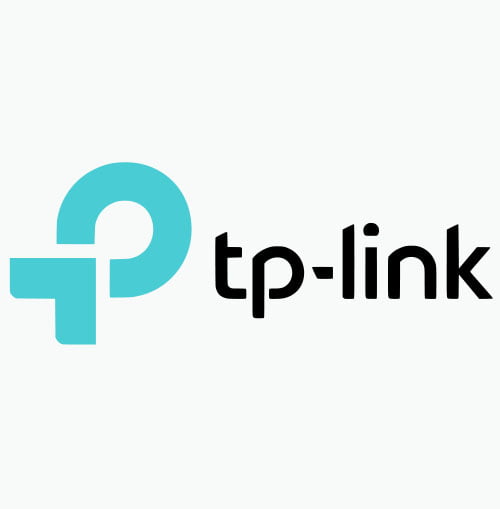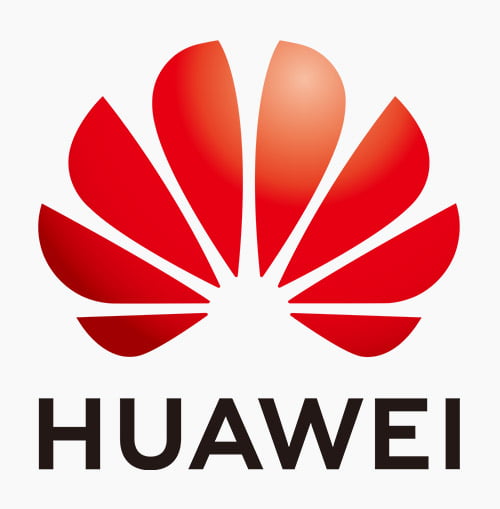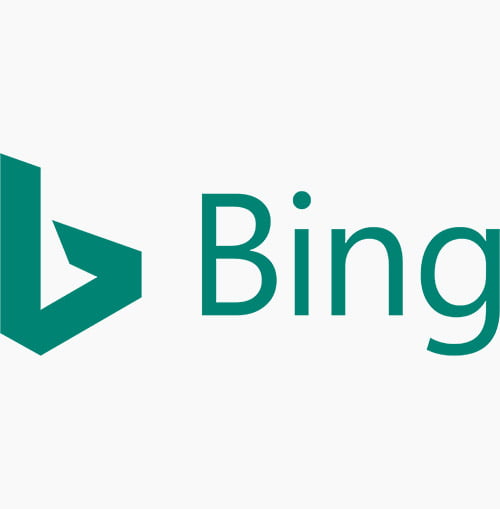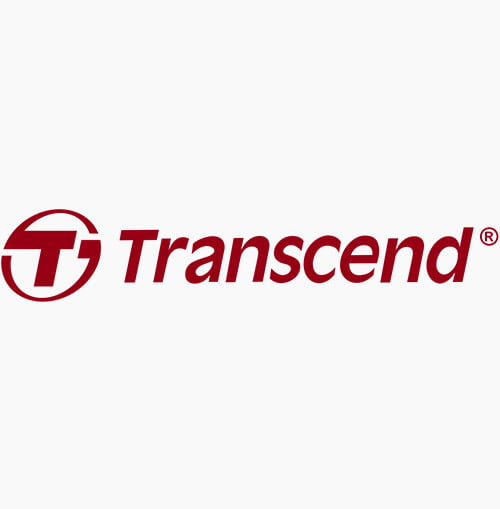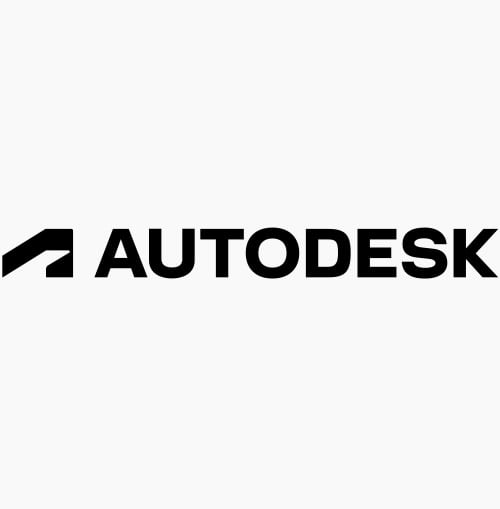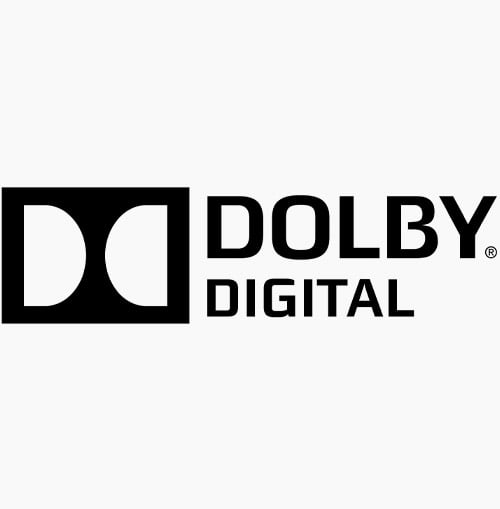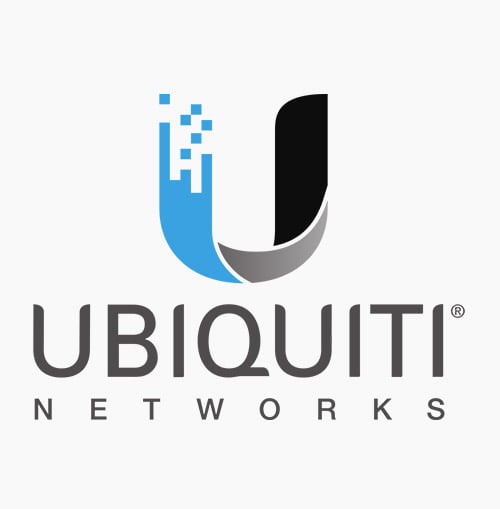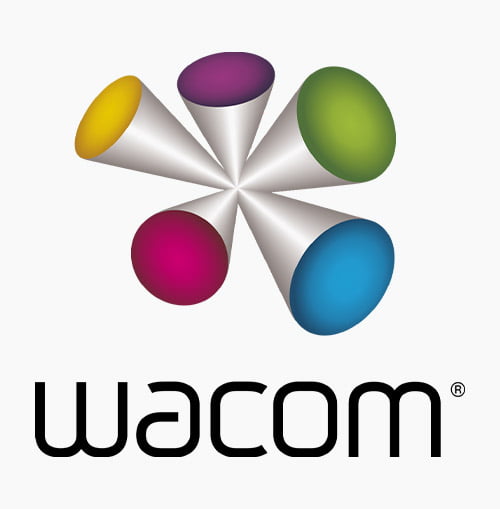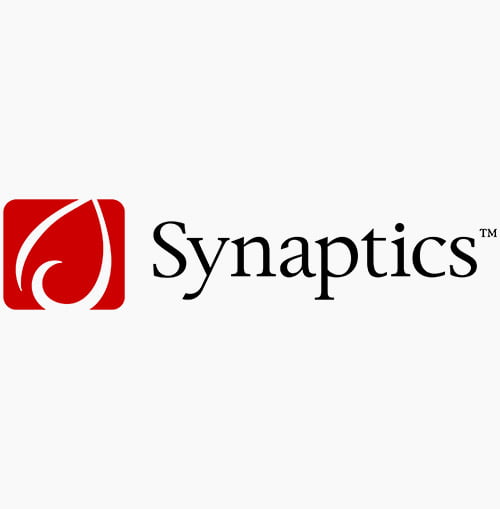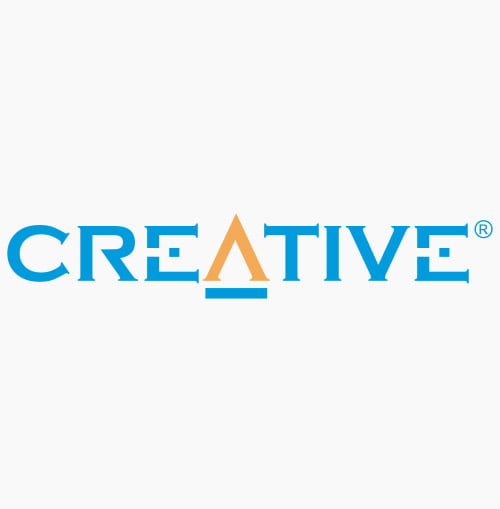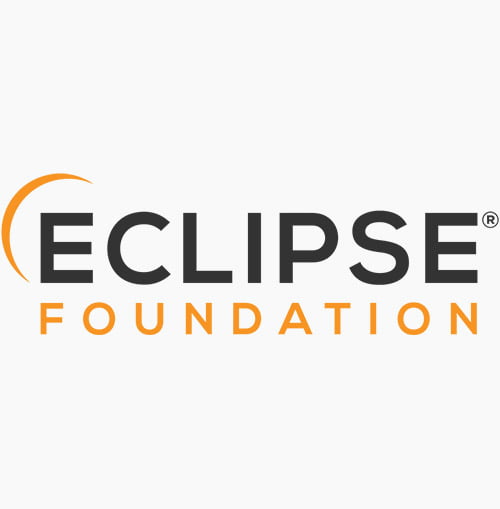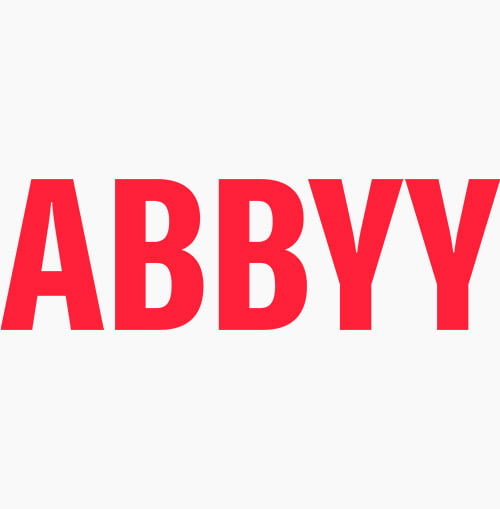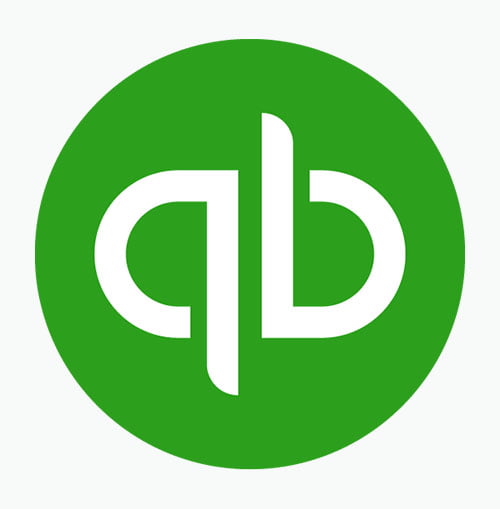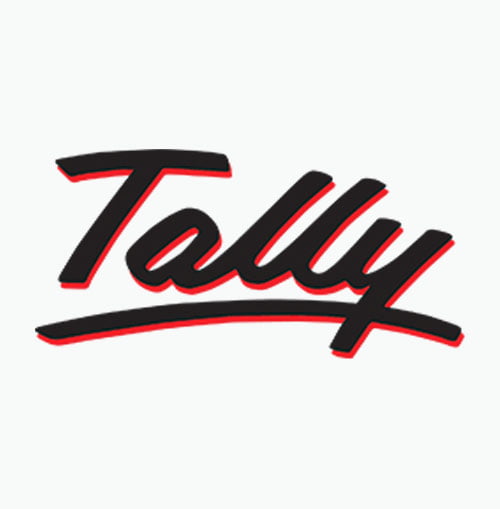Uganda Google Ads Campaigns and Marketing Services Company in Kampala, Entebbe, Mbarara, Gulu, Jinja
Enhance your online presence with expert Google Ads campaigns and marketing services for individuals, businesses, companies, organizations, and firms in Kampala, Entebbe, Mbarara, Gulu, Jinja, and beyond. Rely on Isazeni Solutions for targeted advertising solutions.
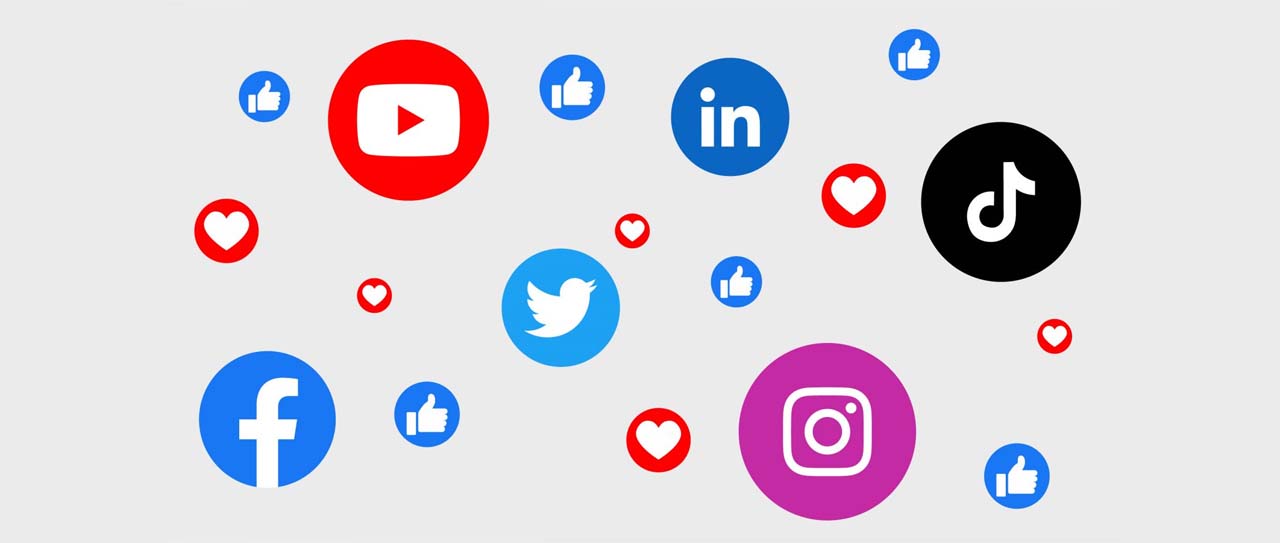
Need Social Media Marketing Services?

That’s a strong overview for promoting Google Ads campaigns and marketing services! Highlighting the benefits of targeted advertising solutions can effectively attract businesses in Uganda looking to enhance their online visibility. If you need help with content or specific aspects of the marketing strategy, feel free to ask!
What is Uganda Google Ads Campaigns and Marketing Services
Uganda Google Ads Campaigns and Marketing Services refer to specialized advertising services designed to help businesses, organizations, and individuals effectively promote their products or services using Google Ads. This includes a range of strategies and tools tailored to the local market, aiming to increase visibility, drive traffic, and generate leads or sales through targeted online advertising.
Key Components of Google Ads Campaigns and Marketing Services in Uganda:
- Search Ads: These are text-based ads that appear on Google search results when users search for specific keywords. They are effective for reaching potential customers actively looking for products or services.
- Display Ads: Visual ads that appear on websites within the Google Display Network. These can help build brand awareness and retarget users who have previously interacted with the brand.
- Video Ads: Ads that appear on platforms like YouTube, allowing businesses to engage users with video content. These can be skippable or non-skippable ads.
- Shopping Ads: For e-commerce businesses, these ads display product images, prices, and descriptions directly in search results, making it easy for users to compare products.
- Remarketing Campaigns: Targeting users who have previously visited the business’s website or engaged with their content. This strategy helps keep the brand top-of-mind and encourages conversions.
- Location-Based Targeting: Utilizing Google’s targeting features to reach audiences in specific regions, such as Kampala, Entebbe, Mbarara, Gulu, and Jinja, ensuring ads are relevant to local consumers.
- Keyword Research and Optimization: Conducting thorough research to identify high-traffic keywords relevant to the business, helping to optimize ad content for better visibility and performance.
- Performance Tracking and Analytics: Monitoring ad performance using Google Analytics and Google Ads reporting tools to assess metrics like clicks, conversions, and return on investment (ROI).
- Budget Management: Helping businesses set and manage their advertising budgets effectively, ensuring that they get the most value from their ad spend.
- Consultation and Strategy Development: Providing expert advice and tailored strategies based on the specific needs and goals of the business, ensuring a customized approach to Google Ads campaigns.
Importance of Google Ads Services in Uganda:
- Increased Visibility: Google Ads allows businesses to appear at the top of search results, enhancing their visibility to potential customers.
- Targeted Advertising: Businesses can target specific demographics and locations, ensuring their ads reach the right audience.
- Measurable Results: The performance of ads can be tracked and analyzed, allowing for data-driven decisions and continuous optimization.
- Cost-Effectiveness: With a pay-per-click model, businesses only pay when someone interacts with their ads, making it a cost-effective advertising solution.
In summary, Uganda Google Ads Campaigns and Marketing Services empower businesses to leverage the power of online advertising to enhance their presence, reach their target audience, and achieve their marketing goals through well-structured and managed campaigns
Need Social Media Marketing Services?

How much is Uganda Google Ads Campaigns and Marketing Services
The cost of Uganda Google Ads Campaigns and Marketing Services typically consists of two main components:
- Ad Spend: This is the budget allocated for the actual Google Ads, which is based on the cost-per-click (CPC) or cost-per-thousand-impressions (CPM).
- Service Fees: This is the fee charged by the marketing agency for managing and optimizing the campaigns.
- Ad Spend
Google Ads pricing can vary widely depending on the industry, competition, and targeting. Below is a general overview of potential costs:
| Campaign Type | Average CPC (UGX) | Average CPM (UGX) | Suggested Monthly Ad Spend (UGX) |
| Search Ads | 200 – 1,000 | N/A | 500,000 – 2,000,000 |
| Display Ads | 100 – 500 | 5,000 – 15,000 | 300,000 – 1,500,000 |
| Video Ads | 300 – 1,500 | 10,000 – 20,000 | 700,000 – 3,000,000 |
| Shopping Ads | 200 – 800 | N/A | 500,000 – 2,000,000 |
| Remarketing Ads | 100 – 700 | N/A | 300,000 – 1,000,000 |
Explanation:
- CPC (Cost Per Click): Businesses pay each time someone clicks on their ad. For example, if a business sets a budget of UGX 1,000,000 and the average CPC is UGX 500, they can expect approximately 2,000 clicks.
- CPM (Cost Per Thousand Impressions): Businesses pay for every 1,000 times their ad is displayed. For instance, with a CPM of UGX 15,000 and a budget of UGX 1,500,000, the ad could potentially reach 100,000 viewers.
- Service Fees
Marketing agencies typically charge for their services based on different pricing models:
| Service Package | Pricing Model | Cost (UGX) |
| Basic Package | Flat Monthly Fee | 500,000 – 1,000,000 |
| Standard Package | Percentage of Ad Spend (10%–20%) | 1,000,000 – 2,500,000 |
| Premium Package | Flat Fee + Percentage of Ad Spend | 2,500,000 + 10% of ad spend |
| Full Campaign Management | Custom (for larger firms or ongoing) | 3,000,000 and above |
Examples of Combined Costs (Ad Spend + Service Fee)
Example 1: Small Business
- Ad Spend: UGX 500,000 (for search ads)
- Service Fee: UGX 500,000 (Basic Package)
- Total Monthly Cost: UGX 1,000,000
Example 2: Medium Business
- Ad Spend: UGX 1,500,000 (for display ads)
- Service Fee: UGX 1,000,000 (Standard Package)
- Total Monthly Cost: UGX 2,500,000
Example 3: Large Business
- Ad Spend: UGX 3,000,000 (for video ads)
- Service Fee: UGX 2,500,000 + 10% of ad spend (UGX 300,000)
- Total Monthly Cost: UGX 5,800,000
Factors Influencing Costs:
- Industry Competition: Higher competition usually leads to higher CPC rates.
- Geographic Targeting: Targeting urban areas may be more expensive than rural areas.
- Ad Quality: Higher quality ads may lead to lower CPC due to better engagement and Quality Scores.
- Campaign Objectives: Different objectives (brand awareness, lead generation, etc.) may require different budgeting strategies.
Conclusion
The total cost for Google Ads Campaigns and Marketing Services in Uganda can vary significantly based on campaign type, goals, and agency fees. By collaborating with a professional marketing agency like Isazeni Solutions, businesses can optimize their ad spend and achieve effective results tailored to their specific needs.
Need Social Media Marketing Services?

Why is Google Ads Campaigns and Marketing Services important
Here are 10 detailed reasons why Google Ads Campaigns and Marketing Services are important for businesses in Uganda:
- Increased Online Visibility
Google is the most widely used search engine, and advertising on this platform allows businesses to appear at the top of search results. This heightened visibility can significantly enhance brand awareness and attract potential customers actively searching for relevant products or services.
- Targeted Advertising
Google Ads offers sophisticated targeting options, including demographics, geographic locations, interests, and behaviors. This precision ensures that ads reach the most relevant audience, maximizing the likelihood of engagement and conversions.
- Measurable Results
With Google Ads, businesses can track and analyze campaign performance in real-time. Metrics such as clicks, impressions, and conversion rates provide insights into what is working and what needs improvement, allowing for data-driven decisions.
- Cost-Effectiveness
Google Ads operates on a pay-per-click (PPC) model, meaning businesses only pay when users click on their ads. This model makes it a cost-effective option, especially for small and medium-sized enterprises (SMEs) that need to maximize their advertising budget.
- Flexible Budgeting
Businesses can set their own budgets for Google Ads campaigns, allowing for flexibility based on financial capabilities. This ensures that companies can start with a manageable budget and scale up as they see positive results.
- Quick Implementation
Setting up a Google Ads campaign is relatively quick compared to other marketing strategies. This allows businesses to launch campaigns and start reaching potential customers almost immediately, making it an ideal option for time-sensitive promotions or launches.
- Remarketing Opportunities
Google Ads enables businesses to retarget users who have previously visited their website or interacted with their ads. Remarketing helps keep the brand top-of-mind, increasing the chances of conversions by re-engaging interested users.
- Access to a Global Market
While focusing on local audiences in Uganda, Google Ads also provides opportunities to reach a global market. This is especially beneficial for businesses looking to expand their reach beyond local borders.
- Competitive Advantage
By utilizing Google Ads effectively, businesses can gain a competitive edge over rivals who may not be leveraging online advertising. Being present in search results can help attract customers who might otherwise choose competitors.
- Integration with Other Marketing Channels
Google Ads can be seamlessly integrated with other digital marketing strategies, such as social media marketing and email campaigns. This cross-channel approach enhances overall marketing effectiveness and ensures a cohesive brand message.
Conclusion
In summary, Google Ads Campaigns and Marketing Services are crucial for businesses in Uganda looking to enhance their online presence, reach targeted audiences, and achieve measurable results. By leveraging these services, companies can optimize their advertising efforts, drive growth, and increase revenue in a competitive market.
Ready to start on your Digital Marketing Journey?
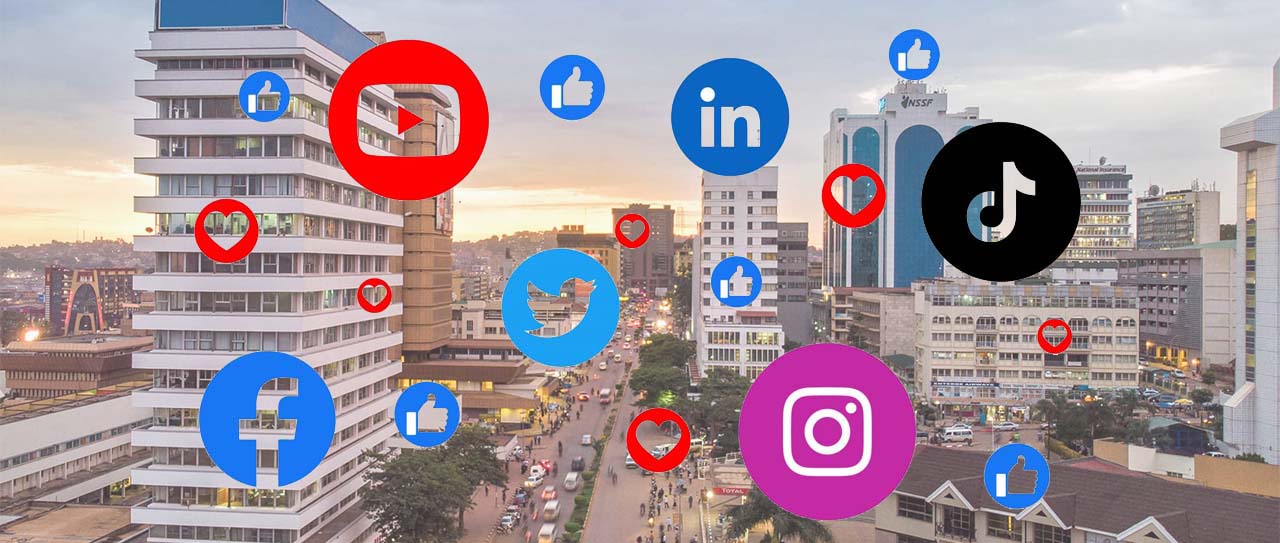
Types of Google Ads Campaigns and Marketing Services
Here are 10 types of Google Ads Campaigns and Marketing Services that businesses can utilize to effectively reach their target audiences and achieve their advertising goals:
- Search Campaigns
- Description: These campaigns display text ads on Google’s search results pages when users search for specific keywords.
- Benefits: Effective for capturing intent-driven traffic; ideal for lead generation and direct response campaigns.
- Display Campaigns
- Description: Display ads are visual advertisements (banners, images, etc.) that appear on websites within the Google Display Network.
- Benefits: Great for brand awareness and retargeting, reaching users across millions of websites, apps, and videos.
- Shopping Campaigns
- Description: These campaigns promote online retail products by displaying product images, prices, and descriptions directly in Google’s search results.
- Benefits: Ideal for e-commerce businesses looking to drive traffic and sales; users can see product details before clicking.
- Video Campaigns
- Description: These campaigns allow businesses to show video ads on YouTube and across the Google Display Network.
- Benefits: Excellent for storytelling and engaging users visually; effective for brand awareness and product launches.
- App Campaigns
- Description: These campaigns promote mobile apps across Google’s platforms, including Google Search, YouTube, Google Play, and the Display Network.
- Benefits: Designed to increase app downloads and engagement; utilizes machine learning to optimize placements and targeting.
- Local Campaigns
- Description: Local campaigns are focused on driving store visits and local engagement by promoting businesses through Google Maps and Search.
- Benefits: Ideal for brick-and-mortar businesses; helps to attract nearby customers with location-specific ads.
- Performance Max Campaigns
- Description: A goal-based campaign type that allows advertisers to access all of Google Ads inventory from a single campaign, using automation to optimize performance.
- Benefits: Simplifies campaign management while leveraging machine learning to improve conversions across various Google platforms.
- Discovery Campaigns
- Description: These campaigns utilize visually rich ads that appear across Google’s feeds, including Google Discover, YouTube, and Gmail.
- Benefits: Great for reaching potential customers in the discovery phase of their buying journey; visually engaging and personalized.
- Smart Campaigns
- Description: Designed for small businesses, these campaigns automate ad management and targeting based on business goals and website content.
- Benefits: Eases the complexity of Google Ads management; ideal for businesses with limited resources or expertise in digital marketing.
- Remarketing Campaigns
- Description: These campaigns target users who have previously visited a business’s website or app, showing them tailored ads to encourage return visits.
- Benefits: Increases conversion rates by reminding potential customers of products or services they previously viewed; helps to maintain brand visibility.
Summary
Each type of Google Ads campaign offers unique benefits and can be tailored to meet specific business objectives. By strategically selecting and optimizing these campaigns, businesses can effectively reach their target audiences, enhance brand visibility, and drive conversions
Ready to start on your Digital Marketing Journey?

Our strategies and approaches
Here are 10 strategies and approaches that Isazeni Solutions employs in its Google Ads Campaigns and Marketing Services to effectively help businesses achieve their advertising goals:
- Comprehensive Keyword Research
- Approach: Conduct in-depth keyword analysis to identify high-traffic, relevant keywords that potential customers are searching for.
- Strategy: Use tools like Google Keyword Planner to discover long-tail keywords and negative keywords, optimizing the ad targeting for better reach and relevance.
- Goal-Oriented Campaign Structure
- Approach: Define clear objectives for each campaign, such as increasing website traffic, generating leads, or boosting sales.
- Strategy: Structure campaigns based on specific goals, allowing for more focused ad groups and targeted messaging that aligns with business objectives.
- Compelling Ad Copy Creation
- Approach: Develop engaging and persuasive ad copy that captures the attention of the target audience.
- Strategy: Incorporate strong calls to action (CTAs), value propositions, and relevant keywords to entice users to click on the ads and improve the click-through rate (CTR).
- Utilization of Ad Extensions
- Approach: Implement various ad extensions to enhance the visibility and effectiveness of ads.
- Strategy: Use site link, call, location, and review extensions to provide additional information and increase the ad’s real estate on search results pages, encouraging higher engagement.
- Targeting and Segmentation
- Approach: Utilize advanced targeting options to reach the most relevant audience segments.
- Strategy: Implement demographic targeting, location-based targeting, and audience segmentation to ensure ads are shown to users most likely to convert.
- Conversion Tracking and Analytics
- Approach: Set up comprehensive tracking to measure the effectiveness of ad campaigns.
- Strategy: Utilize Google Analytics and Google Ads conversion tracking to monitor user behavior, evaluate ROI, and make data-driven decisions to optimize campaigns.
- A/B Testing and Optimization
- Approach: Continuously test different ad variations to identify what works best.
- Strategy: Implement A/B testing for ad copy, landing pages, and bidding strategies, using the results to refine campaigns and maximize performance.
- Remarketing Campaigns
- Approach: Re-engage users who have previously interacted with the brand but did not convert.
- Strategy: Create targeted remarketing campaigns that show tailored ads to users based on their past interactions, reminding them of the brand and encouraging them to return.
- Budget Management and Bidding Strategies
- Approach: Effectively manage budgets and adjust bids to maximize ad performance within cost constraints.
- Strategy: Utilize automated bidding strategies like Target CPA (Cost Per Acquisition) or Target ROAS (Return on Ad Spend) to optimize spending based on campaign goals.
- Regular Performance Review and Reporting
- Approach: Conduct regular reviews of campaign performance to identify areas for improvement.
- Strategy: Provide clients with detailed reports that highlight key metrics, insights, and recommendations, ensuring transparency and facilitating informed decision-making.
Summary
By implementing these strategies and approaches, Isazeni Solutions effectively helps businesses optimize their Google Ads campaigns, ensuring they reach their target audience and achieve desired results. Each strategy is tailored to meet the specific needs and objectives of clients, resulting in a comprehensive advertising solution.

Ready to start on your Digital Marketing Journey?
Here is a list of 100 frequently asked questions (FAQs) about Google Ads Campaigns and Marketing Services
1. What is Google Ads?
2. How do Google Ads work?
3. Why should I use Google Ads for my business?
4. What types of businesses can benefit from Google Ads?
5. How much do Google Ads cost?
6. What is the difference between Google Ads and SEO?
7. How do I set up a Google Ads account?
8. What is the Google Ads interface like?
9. How long does it take for my ads to get approved?
10. Can I run ads without a website?
11. What types of ads can I create with Google Ads?
12. What are search ads?
13. What are display ads?
14. What are shopping ads?
15.What are video ads?
16. What are app ads?
17. How do responsive ads work?
18.What are local service ads?
19. How do I choose the right ad format for my campaign?
20. Can I use images and videos in my ads?
21. How do I target my audience with Google Ads?
22. What targeting options are available?
23. Can I target users by location?
24.How do I create custom audiences?
25. What are remarketing campaigns?
26. How can I target users based on their interests?
27. Can I exclude certain audiences from my campaigns?
28. What is the importance of keyword targeting?
29. How often should I update my target audience?
30. What are demographic targeting options in Google Ads?
31. What campaign objectives can I choose from?
32. How do I set specific goals for my Google Ads?
33. What is the difference between brand awareness and conversion campaigns?
34. How can I optimize my ads for better performance?
35. What is A/B testing, and how do I use it in Google Ads?
36. How can I drive traffic to my website using Google Ads?
37. What are the best practices for writing ad copy?
38. How can I effectively promote products through Google Ads?
39.What are some creative strategies for Google Ads campaigns?
40. How can I measure the success of my ad campaigns?
41. How do I set a budget for my Google Ads campaigns?
42. What is a daily budget versus a lifetime budget?
43. How can I control costs while running ads?
44. How does Google determine the cost of my ads?
45. Can I change my budget mid-campaign?
46. What are the bidding options for Google Ads?
47. Is there a minimum budget required for Google Ads?
48. How can I measure the ROI of my ad campaigns?
49. How often should I review my ad budget?
50. What are some tips for maximizing my ad spend?
51. What metrics should I track for my Google Ads?
52. How can I access my ad performance reports?
53.What is the significance of the click-through rate (CTR)?
54. How can I measure conversion rates from my ads?
55. What is conversion tracking, and how do I set it up?
56. How can I analyze audience insights from Google Ads?
57. What should I do if my ads are not performing well?
58. How often should I check my ad performance?
59. What are impressions, and why are they important?
60. How can I optimize my ads based on performance data?
61. What should I do if my ad gets disapproved?
62. How can I resolve issues with my Google Ads account?
63. What are common reasons for ad rejection in Google Ads?
64. How do I contact Google Ads support for help?
65. Can I appeal an ad disapproval?
66. What should I do if I am not seeing results from my campaigns?
67. How can I prevent ad fatigue?
68. What happens if my ad budget runs out?
69. How can I pause or stop my ad campaigns?
70. What should I do if I have technical issues with ad placements?
71. Are there guidelines I must follow for Google Ads?
72. What types of content are prohibited in ads?
73. How do I ensure my ads comply with local regulations?
Review the local laws or regulations related to your business and ensure that your ads adhere to them before publishing.
74. What are the consequences of violating ad policies?
75. Do I need to disclose partnerships or sponsorships in my ads?
76. How does Google protect user data in ad campaigns?
77. Can I run ads for sensitive topics?
78. What is the policy on promoting alcohol or tobacco products?
79. How can I verify the authenticity of my ads?
80. Are there restrictions on targeting minors?
81. How often should I update my ad campaigns?
82. What are the best times to run ads on Google?
83. Can I run ads in multiple languages?
84. How can I promote my ad campaigns across different platforms?
85. What are Google Smart campaigns?
86. How do seasonal trends affect ad campaigns?
87. Can I run ads without using Google Ads Manager?
88. What is the role of influencers in Google advertising?
89. How do I integrate my Google Ads with my email marketing?
90. What are some common mistakes to avoid in Google advertising?
91. How can I stay updated on changes to Google advertising?
92. What resources can help me improve my ad campaigns?
93. How do I learn more about social media marketing?
94. Can I use AI tools for managing my ad campaigns?
95. What are the best practices for mobile advertising on Google?
96. How do I handle negative comments on my ads?
97. Can I collaborate with other brands for joint campaigns?
98. What should I consider when creating a long-term advertising strategy?
99. How do I effectively use testimonials in my ads?
100. What is the future of Google advertising, and how can I prepare?
Ready to start on your Digital Marketing Journey?
TECHNOLOGY PARTNERS WE USE IN WESITES & RELATED SERVICES
For years we have acquired strategic partnerships enabling us to serve you better
Ready to start on your project? let’s jump into it.


